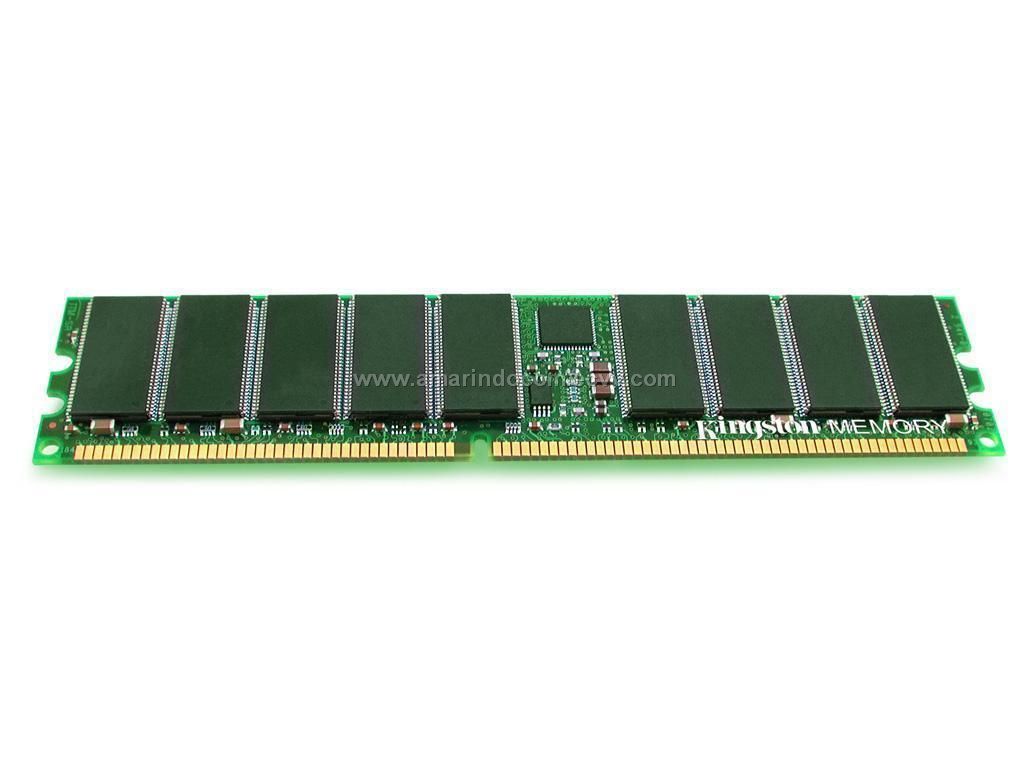RAM
RAM is a memory device in which information can be accessed in any order that place in a computer where the operating system, application programs, and data in current use are kept so that they can be reached by the computer's processor. RAM also called Random Access Memory.
Cache Memory
Cache memory is the small amount of memory that is normally less than 1MB that resides on the CPU.The CPU cache is a cache used by the central processing unit for a computer to reduce the average time to access memory.
ROM
ROM also known as Read Only Memory. ROM is computer memory that can permanently store data and applications within it. ROM has the programming that allows your computer to be regenerated each time you turn it on.
Flash Memory
Flash memory is a type of constantly-powered nonvolatile memory. It can be erased and reprogrammed in units of memory called blocks. Flash memory also called flash RAM sometimes.
Graphic Card
Graphic card is a device that installed in the computer that consists of a graphics processing unit designed to help process and display 3D graphics.
Sound Card
Sound card is also called audio card. It is a device that enable the computer to input, process, and deliver sound. The four main functions are, as a synthesizer, as a MIDI interface, analog-to-digital conversion, and digital-to-analog conversion . The three methods of sound synthesis are through frequency modulation.
Network Interface Card
A network interface card (NIC) is a computer circuit board or card that is installed in a computer so that it can be connected to a network. Network interface cards provide a dedicated, full-time connection to a network.
Plug And Play
Plug and Play is a capability developed by Microsoft that gives users the ability to plug a device into a computer and have the computer recognize that the device is there. Microsoft made Plug and Play a selling point for its Windows operating systems.
Serial Port
Parallel Port
![]()
Parallel port is a type of interface found on computers for connecting various peripherals. In computing, a parallel port is a parallel communication physical interface. It is also known as a printer port or centronics port.
Universal Serial Bus Port
Serial Port
Serial port is a socket on a computer used to connect a modem, data acquisition terminal or other device via a serial interface. Serial ports provide slow speeds and have been superseded by USB and other faster interfaces for peripheral connections to desktop computers.
Parallel Port
Parallel port is a type of interface found on computers for connecting various peripherals. In computing, a parallel port is a parallel communication physical interface. It is also known as a printer port or centronics port.
Universal Serial Bus Port
Universal serial bus port is also known as USB port. It is an interface on the computer that enables you to connect a Universal Serial Bus (USB) device. USB ports support a plug that is approximately 7 mm x 1 mm.
![]()
FireWire Port
FireWire port is a high-speed serial bus that was developed by Apple, Texas Instruments and others via the IEEE. Standardized as the IEEE 1394 High Performance Serial Bus (HPSB), FireWire supports 63 devices, real-time data transfer, hot swapping and simultaneous multiple speeds. It is widely used to download video from digital camcorders to the computer and is also used in other A/V applications.
Ethernet Port
Ethernet Port
Ethernet port is an opening on computer network equipment that Ethernet cables plug into. These ports are alternatively called jacks or sockets. Ethernet ports accept cables with RJ-45 connectors
High Definition Multimedia Interface
High definition multimedia interface is also known as HDMI. It is a compact audio/video interface for transmitting uncompressed digital data. It is a digital alternative to consumer analog standards.





0 comments:
Post a Comment